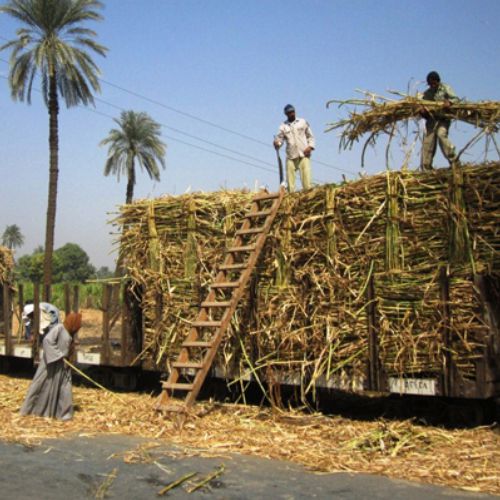Cuba’s 2024-2025 sugar harvest is facing one of its toughest challenges yet. Out of 14 planned sugar mills, only six are currently operating, resulting in the processing of just 25% of the expected sugarcane crop.
Dionis Pérez Pérez, a senior official at Azcuba Sugar Group, shared with the state newspaper Granma that while the mills are running efficiently at 90%, the sugar production has reached only 21% of what was planned, far below expectations.
The crisis has been caused by several setbacks, including a late start to the harvest and the inability to get eight sugar mills up and running. These eight mills are responsible for 75% of the planned production, leaving a significant gap.
Despite the setbacks, Pérez Pérez pointed out that sugar production has doubled compared to the same period last year, even with five fewer mills in operation. However, ongoing shortages of resources and funding continue to hold back progress.
Many of the mills were not ready on time because repairs were delayed. Problems like fuel shortages and a lack of spare parts for machinery have slowed down the process. Only 10% of the money needed for the harvest was secured, making it harder to prepare for the season. Breakdowns in plants that produce oxygen, as well as a shortage of materials, have added to the challenges.
The sugar mills have generated 19,707 megawatt-hours of electricity, with 46% of this—about 10,358 megawatt-hours—being sent to the National Electric System. A bioelectric plant has also helped by producing 25 megawatt-hours of energy, saving around 3,300 tons of diesel. This has provided some relief during a difficult time.
The difficulties this year follow last year’s disastrous sugar harvest, which produced only 350,000 tons—the lowest since 1898 when the War of Independence disrupted production. This decline has hit hard in a country that was once one of the top sugar exporters in the world.
In December, Cuban officials admitted that it was “shameful” for a country with such a strong sugar history to now have to import the product.












